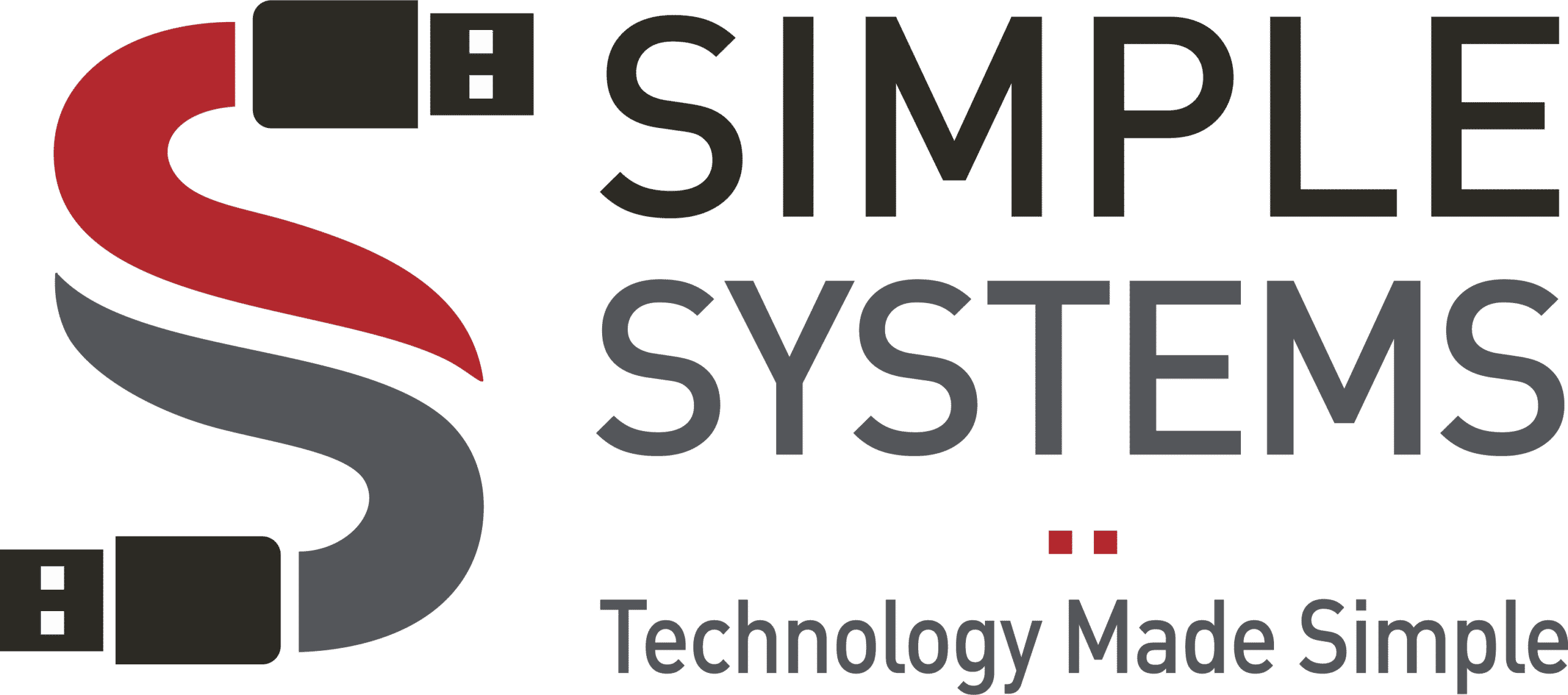I get it. As an owner of a Utah small and medium business (SMB), we often lack the time or resources to effectively manage the scalability of our organizations. Because of this, we may find ourselves rushing through technology implementations, upgrades and new hire training.
But as an IT company that helps businesses in Utah with this very thing, I will tell you by experience that rushing these processes, or not having any processes at all, inevitably leads to botched executions and a foundation that doesn’t support sustainable scalability — something we all want.
With that in mind, here are the common scalability mistakes you’ll want to be sure to steer clear of when creating a sustainable and scalable organization.
Lack of Proper Process Documentation
Documentation of your core business processes is essential to creating a sustainable and scalable organization. Failure to do so will likely result in the following situations:
- Business disruptions when an employee leaves the company.
- Incorrect decisions that could cause higher costs or loss of revenue.
- Unnecessary time spent hunting down information.
- Uncertain communications between team members leading to stress.
- Inaccurate information on team performance, client preferences, etc.
- Inadequate customer service.
- Inappropriate billing which could result in fraud charges.
- Confused and unhappy employees.
Disconnected Systems and Processes
Disconnected systems and processes result in an organization that is inefficient and unproductive. Failure to connect systems and processes correctly can result in the following situations:
- The duplication of information which contributes to redundant and messy data piling up on your network.
- Inefficient processes because there is no free flow of information from one system to another.
- Limitation of real-time data which impairs your ability to understand what is happening within your organization and make sound decisions.
Outdated Onboarding & Ongoing Training
Many SMBs lack adequate customer or employee onboarding and training procedures. This can lead to higher employee and customer turnover which impacts your bottom line, decreases your team’s morale, and erodes trust within your organization.
Start by developing written training of your most important processes including, but not limited to:
- Each step within your client/customer onboarding
- Roles and responsibilities of each position within your organization
- Organizational structure and who reports to who
- How you use specific tools such as ticketing systems, task management, etc.
Once you have this training in written form, you can then enhance them with video and PowerPoint presentations. Doing so will make the training more engaging and effective, and your team will still have access to the written documentation if they need to quickly look something up.
Furthermore, don’t let your training go stale. You’ll need to make sure to update your training as new processes get implemented or current ones change. We also recommend routine team training to proactively keep old employees refreshed on new processes.
Unknown Information System Vulnerabilities
Unknown vulnerabilities within your IT systems can bring your business to a halt and put you and your customers’ sensitive data at risk — especially for organizations who are unprepared. Thankfully there are cybersecurity plans and procedures you can put in place to mitigate the damage in the event of a cyber attack, hardware failure, a disgruntled employee, or human error.
At the very least, make sure you have the following security controls in place:
- Endpoint protection and response (EDR)
- Antivirus and antimalware
- Multi-factor authentication
- Routine system and software updates and patching
- A robust backup and disaster recovery plan
- Security awareness training
- SASE for a secure remote and hybrid workforce
How We Can Help
Avoiding these mistakes is easier said than done, but if you want to achieve long-term scalability, it’s an absolute must. To do this, many businesses opt to engage with a managed IT services provider, like Simple Systems, who specialize in making technology sustainable and scalable for businesses like yours. A qualified provider will relieve you of this burden while giving you the necessary guidance as your business grows. Feel free to request a free consultation.


